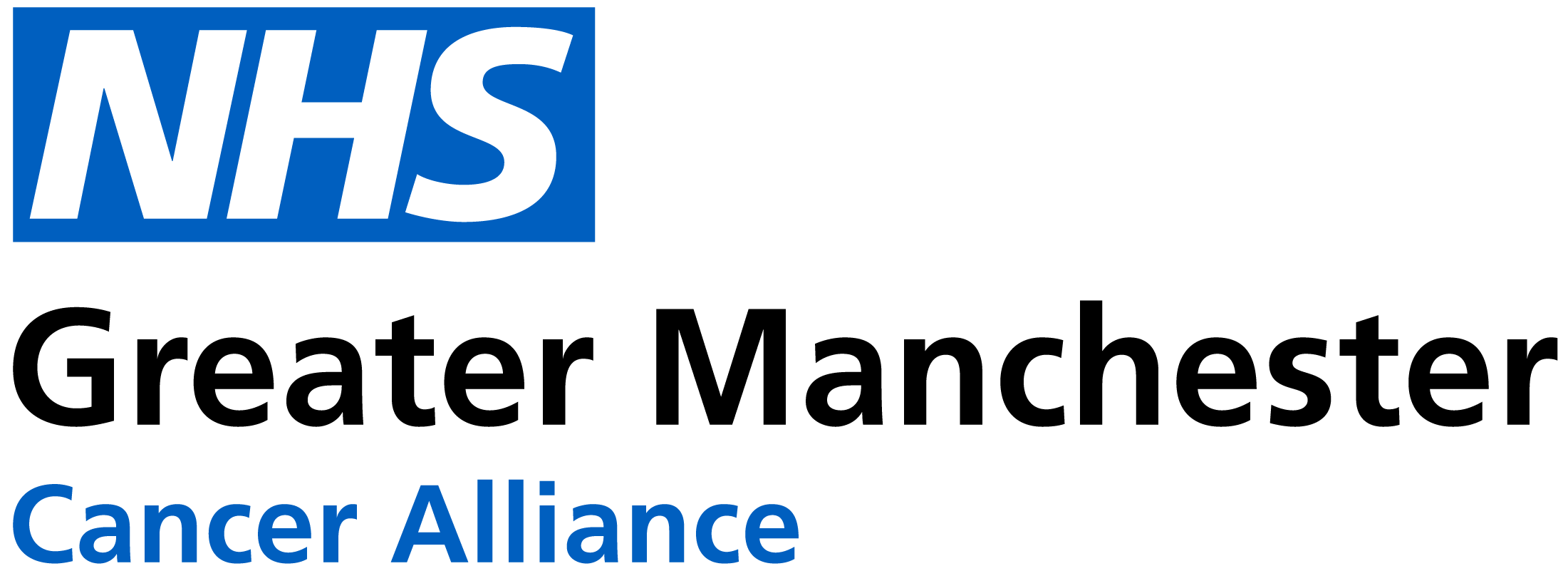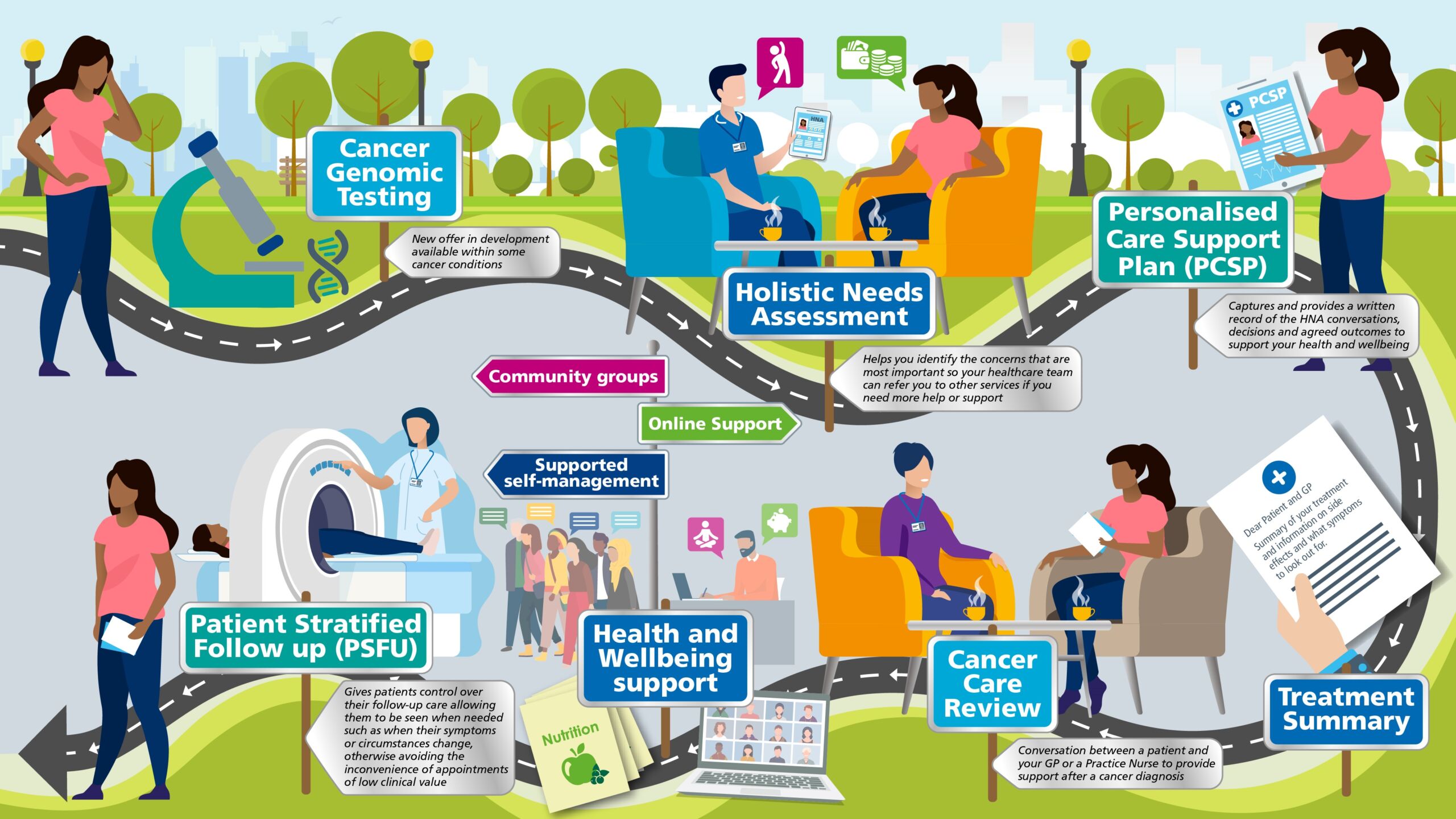Acute Oncology Pathway Board
Acute Oncology (AO) refers to the management of the unexpected care needs of a patient with cancer, including emergency situations and an acutely unwell patient. If you are a patient and you are concerned about symptoms, please contact your GP, Oncologist or Specialist Nurse.
Key People
 Dr Caroline Wilson
Dr Caroline Wilson
Dr Caroline Wilson started her medical Oncology training at Weston Park Cancer Centre Sheffield in 2007 and completed her PhD in 2014, which focussed on the role of female hormones as influencers of the anti-cancer efficacy of bone targeted agents in early breast cancer. She was appointed Consultant in Medical Oncology (breast and acute oncology) at Weston Park in 2015 and moved to the Christie in Jan 2024. She specialises in the treatment of breast cancer and has published multiple papers in peer reviewed journals including the Lancet, JCO, The Breast, EJC. She is co-Chief Investigator of the NewDay Trial which is a YCR funded trial investigating a diet and exercise intervention after curative therapy for oestrogen positive breast cancer. She is a board member of the UK Breast Cancer Group. Caroline is also an acute oncologist specialising in virtual delivery of senior acute oncology support to AO services in acute NHS trusts and is the secretary of the UK Acute Oncology Society.

Louise Farnworth
Louise is the pathway manager for Acute Oncology, HPB and Sarcoma. The boards offer an objective and collaborative approach to service improvement and bring together stakeholders from across Greater Manchester to create an engaged, multidisciplinary board which is representative of the whole patient pathway.
Louise started working for Greater Manchester Cancer Alliance in November 2023.
Prior to working at Greater Manchester Cancer Alliance Louise started her NHS career as an operational manager for surgical services and medicine services at both Salford Royal and East Cheshire Trust. She developed a wide range of knowledge and experience in frontline management.
Most recently Louise worked for Trafford Council as a commissioning Manager for Children and Young Peoples Mental Health. During this role Louise developed a passion for system wide working in order to reduce health inequalities and ensure equal access to treatment for all patients and families.
Acute Oncology pathway board document library
If you need any information from this page in a different format please contact us using gmcancer.admin@nhs.net.
Acute oncology clinical guidelines
GM Cancer AO pathway board have been involved in the development of the UKONs guidelines and have agreed to endorse these as the clinical guidelines for GM Cancer’s AO service. (links and documents can be found in the “Guidelines” section of the library above).
Please note: The information contained in these guidelines are based on the UKONS clinical guidelines and provide a consensus on the management of oncological complications. Clinicians using these documents are expected to use independent clinical judgment in the context of the presenting clinical circumstances to determine any patient’s care or treatment.
These are guidelines only and local policies should be followed in the management of patients; these guidelines can however be used as a basis for the development of local policy.
MSCC Guidelines
Documents and links can be found in the “Guidelines” section of the document library above.
People with cancer are at risk of this spreading to other parts of their body, including the spine. Spinal metastases can be painful and if not treated can lead to metastatic spinal cord compression (MSCC) – this is when the spinal metastases press on the nerves in the spine. MSCC is rare, but it can cause damage to the spinal cord and can lead to permanent paralysis and requires urgent diagnosis and treatment (NICE 2008).
If you are a patient and you are concerned about symptoms suggesting Metastatic Spinal Cord Compression please see your GP, Oncologist or Specialist Nurse urgently.
If you are a clinician, contact the MSCC Co-ordinating Service, also urgently, based at The Christie.


